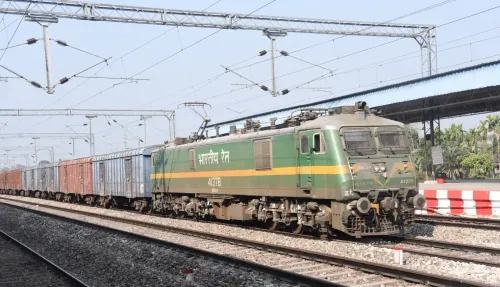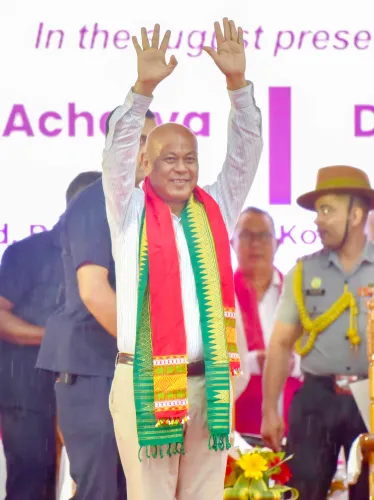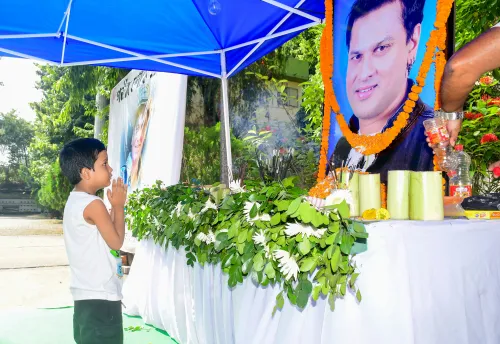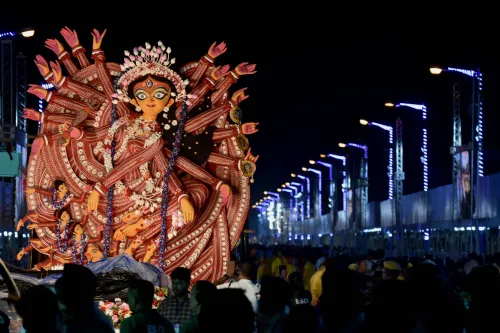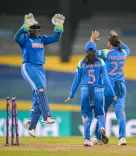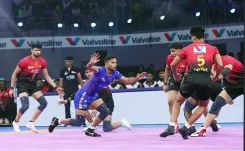What Recommendations Did the SC Collegium Make for Judge Appointments in Nine High Courts?
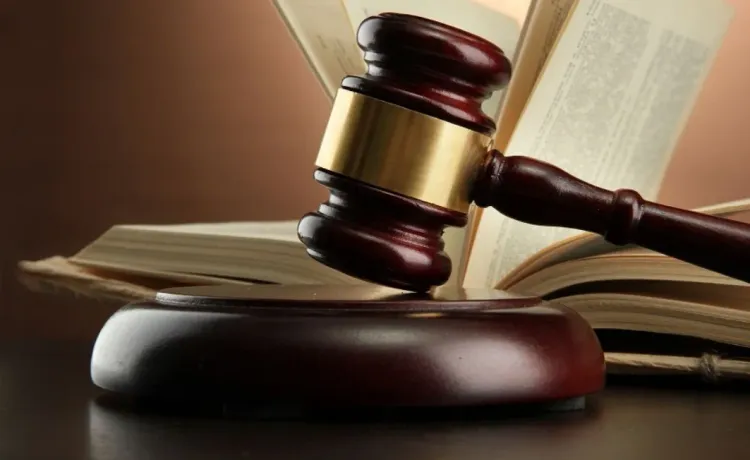
Synopsis
Key Takeaways
- Supreme Court Collegium has recommended judges for nine high courts.
- Significant appointments include advocates and judicial officers.
- Highlights ongoing judicial reforms in India.
- Strengthens the judiciary's role in ensuring justice.
- Reflects a commitment to transparency in judicial appointments.
New Delhi, July 3 (NationPress) The Supreme Court Collegium, led by Chief Justice of India (CJI) BR Gavai, has put forth recommendations for the appointment of judges across nine high courts throughout the nation.
Delhi High Court: The Collegium has endorsed the appointment of three judicial officers: Shail Jain, Madhu Jain, and Vinod Kumar, as judges of the Delhi High Court.
Madhya Pradesh High Court: During a meeting on Tuesday, the Collegium proposed five advocates—Pushpendra Yadav, Anand Singh Bahrawat, Ajay Kumar Nirankari, Jai Kumar Pillai, and Himanshu Joshi—for judgeships in the Madhya Pradesh High Court. Additionally, five judicial officers were recommended for elevation: Rajesh Kumar Gupta, Alok Awasthi, Ratnesh Chandra Singh Bisen, Bhagwati Prasad Sharma, and Pradeep Mittal.
Patna High Court: In a meeting on July 1, the Collegium approved the appointment of Advocates Ajit Kumar and Praveen Kumar as judges of the Patna High Court, as indicated by a statement on the apex court's website.
Punjab & Haryana High Court: The Collegium, during its meeting on Wednesday, recommended ten judicial officers—Virinder Aggarwal, Mandeep Pannu, Parmod Goyal, Shalini Singh Nagpal, Amarinder Singh Grewal, Subhas Mehla, Surya Partap Singh, Rupinderjit Chahal, Aradhana Sawhney, and Yashvir Singh Rathor—for judgeships in the Punjab & Haryana High Court.
Rajasthan High Court: The names of advocate Anuroop Singhi and judicial officer Sangeeta Sharma have been recommended for judgeships in the Rajasthan High Court.
Andhra Pradesh High Court: The Collegium has approved the appointment of advocate Tuhin Kumar Gedela as a judge of the Andhra Pradesh High Court.
Telangana High Court: The Collegium has approved the appointment of Advocates Gouse Meera Mohiuddin, Chalapathi Rao Suddala, Vakiti Ramakrishna Reddy, and Gadi Praveen Kumar as judges for the Telangana High Court, as stated on the apex court's website.
Gauhati High Court: The Collegium has recommended two advocates, Anjan Moni Kalita and Rajesh Mazumdar, along with judicial officers Pranjal Das and Sanjeev Kumar Sharma, for judgeships in the Gauhati High Court.
Meghalaya High Court: The Collegium has recommended Justice Biswadeep Bhattacharjee for appointment as a permanent judge of the Meghalaya High Court, transitioning the existing additional judge position into a permanent role.

